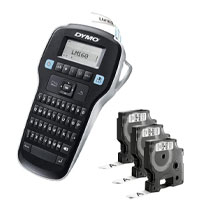How to store cleaning supplies to maximize efficiency – and keep them safely accessible
Speed through your to-do list by storing cleaning supplies to maximize efficiency (bearing safety in mind, too, of course) – professional cleaners share how
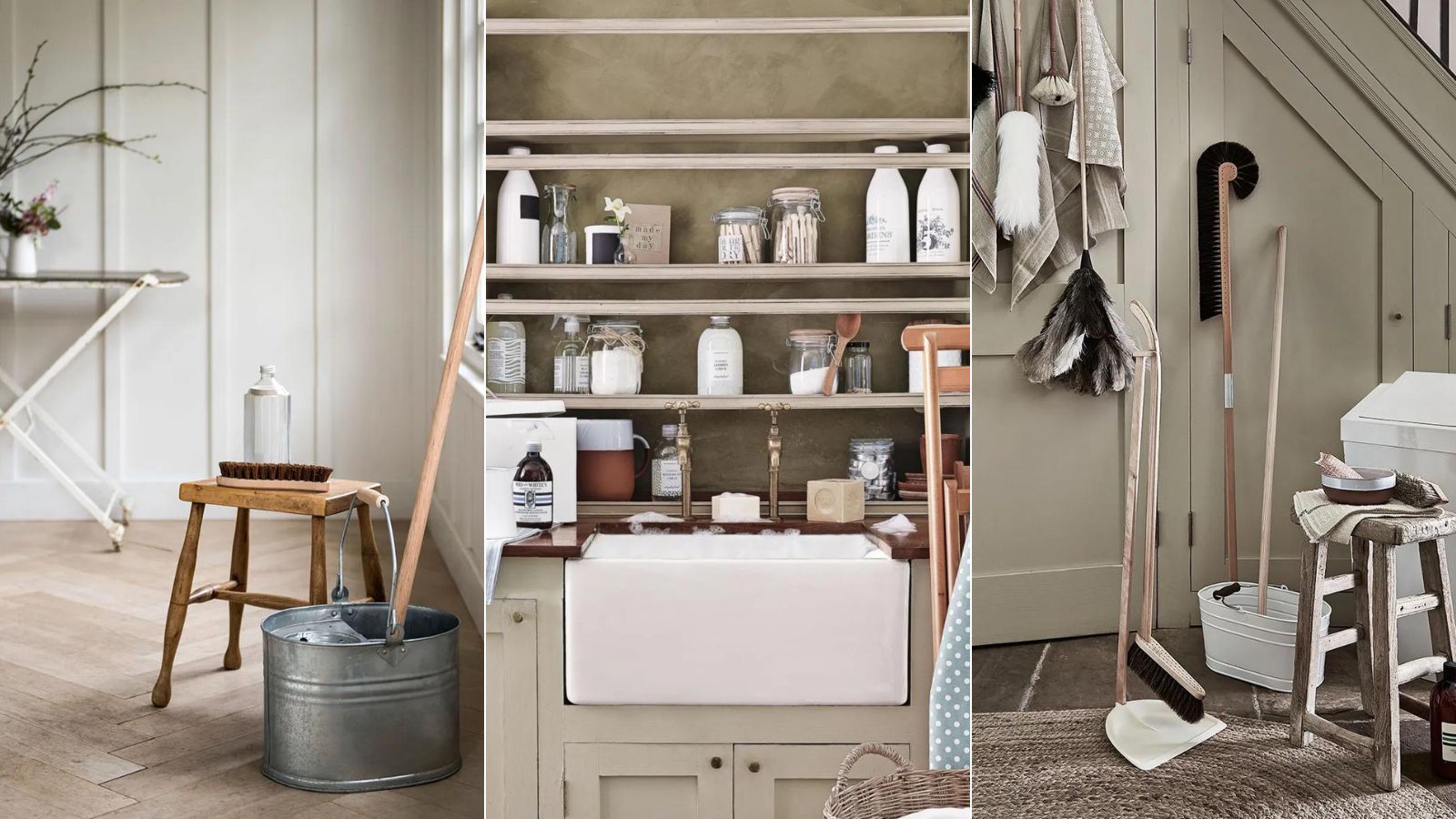
If you want to minimize time spent doing chores, you’ll need to store cleaning supplies to maximize efficiency. Simple, right? Sort of. There’s a little more to it than that. Even the most natural cleaning products can still pose risks if they fall into the wrong hands (or paws, for that matter), so storing them safely needs to be a priority, too.
Leaving your supplies out on the counter is obviously a no-go, but organizing cleaning supplies so they’re accessible and safe is easy enough, once you know how.
They may not be quite ‘close to hand’, but knowing where they are at all times should be just as motivating and certainly more reassuring, particularly if you’re organizing a home with kids in mind.
How to safely store cleaning supplies to maximize efficiency
We’ve asked the experts to dish the dirt on their top cleaning tips and organizing hacks, from utility room ideas to under-the-sink solutions, to help you prepare for spring cleaning in the best, or more importantly, the right way. Let’s get started…
1. Prioritize safety first
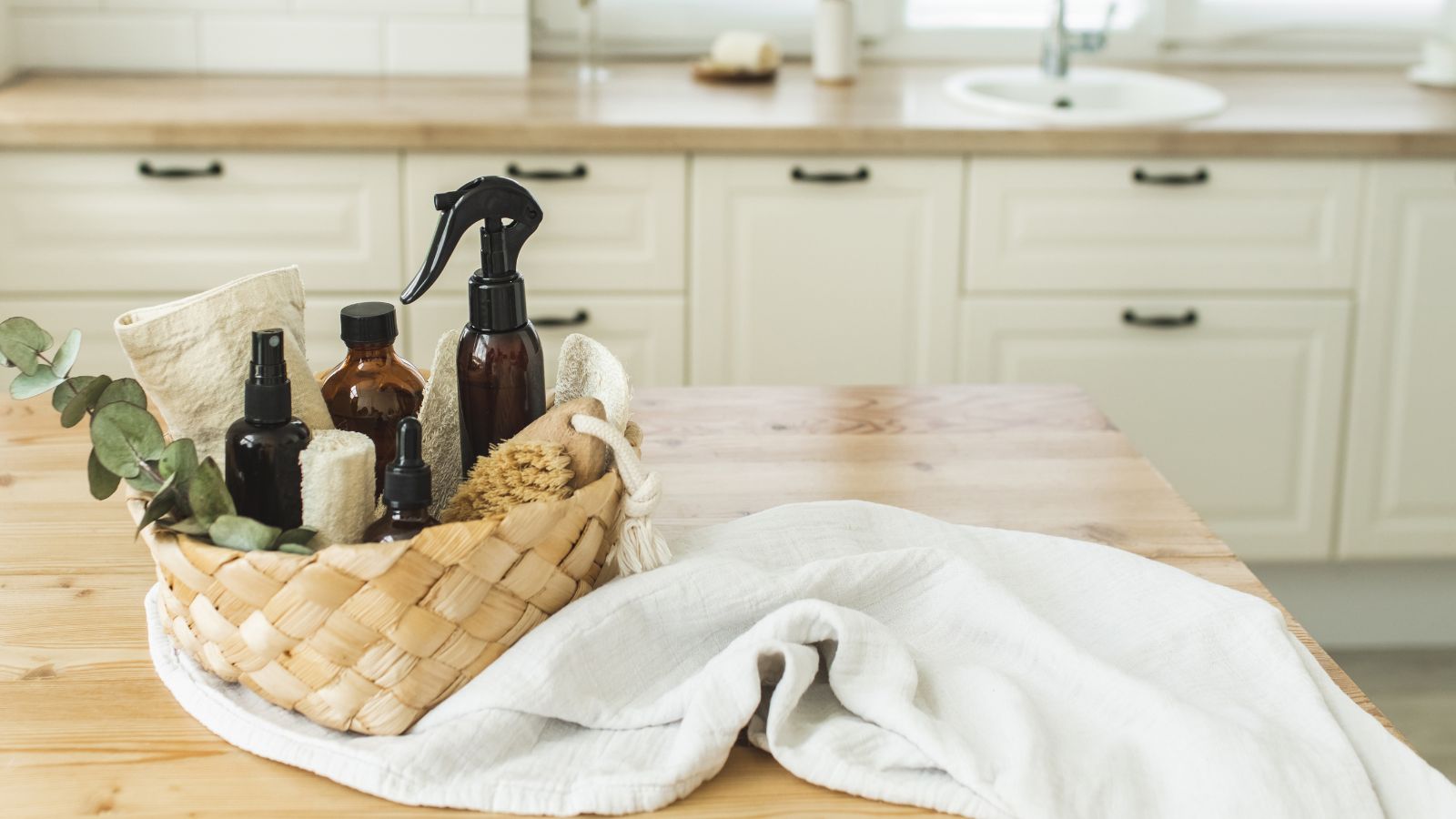
When deciding where to store chemical-based cleaning supplies, always think about safety first. As a general rule, they must be kept in a cool, dry area with good ventilation, away from anything hot or potentially flammable. If you’ve got kids and pets in the house, you’ll need to ensure they’re kept off the floor and out of reach, ideally behind closed doors. Invest in child safety locks, like this 10-pack of locks from Walmart, for extra reassurance.
2. Consider how often you use them – and position accordingly
Generally, it makes sense to keep all your cleaning products stored in the same area, organized under the kitchen sink, or as part of your utility room storage, for example. It’s easier to maintain an orderly system, plus you can see when you’re running low on things. However, in the interests of efficiency, there are a few exceptions.
‘Whether it’s dishwasher tablets in the kitchen, anti-bac wipes in the bathroom or glass cleaner next to your make-up mirror (priorities), it makes sense to keep frequently-used cleaning products within close proximity to the items you need them for’, says Jen Ebert, Digital Editor of Homes & Gardens. ‘Keep them contained in stylish containers or caddies to suit the room, and follow the same safety guidelines as you would with your more general cleaning stash’.
3. Stash extras elsewhere
If you’ve got the space, doubling up on cleaning products is a good idea – psyching yourself up to clean only to find you’ve run out of what you need isn’t going to do wonders for your mood, let’s face it. What’s not a good idea is storing them alongside your existing, half-used products.
Opening something new before you’ve finished the last is a surefire route to a cluttered cleaning cabinet. Expiry dates are usually pretty good on products (as long as you don’t open them), so stash backstock safely elsewhere and move it to your primary storage spaces as and when you need it.
'Keep a running inventory so you’re not wasting storage space – or money – on unnecessary items,' says Lucy Searle, Global Editor-in-Chief of Homes & Gardens.
4. Modify your existing storage solutions
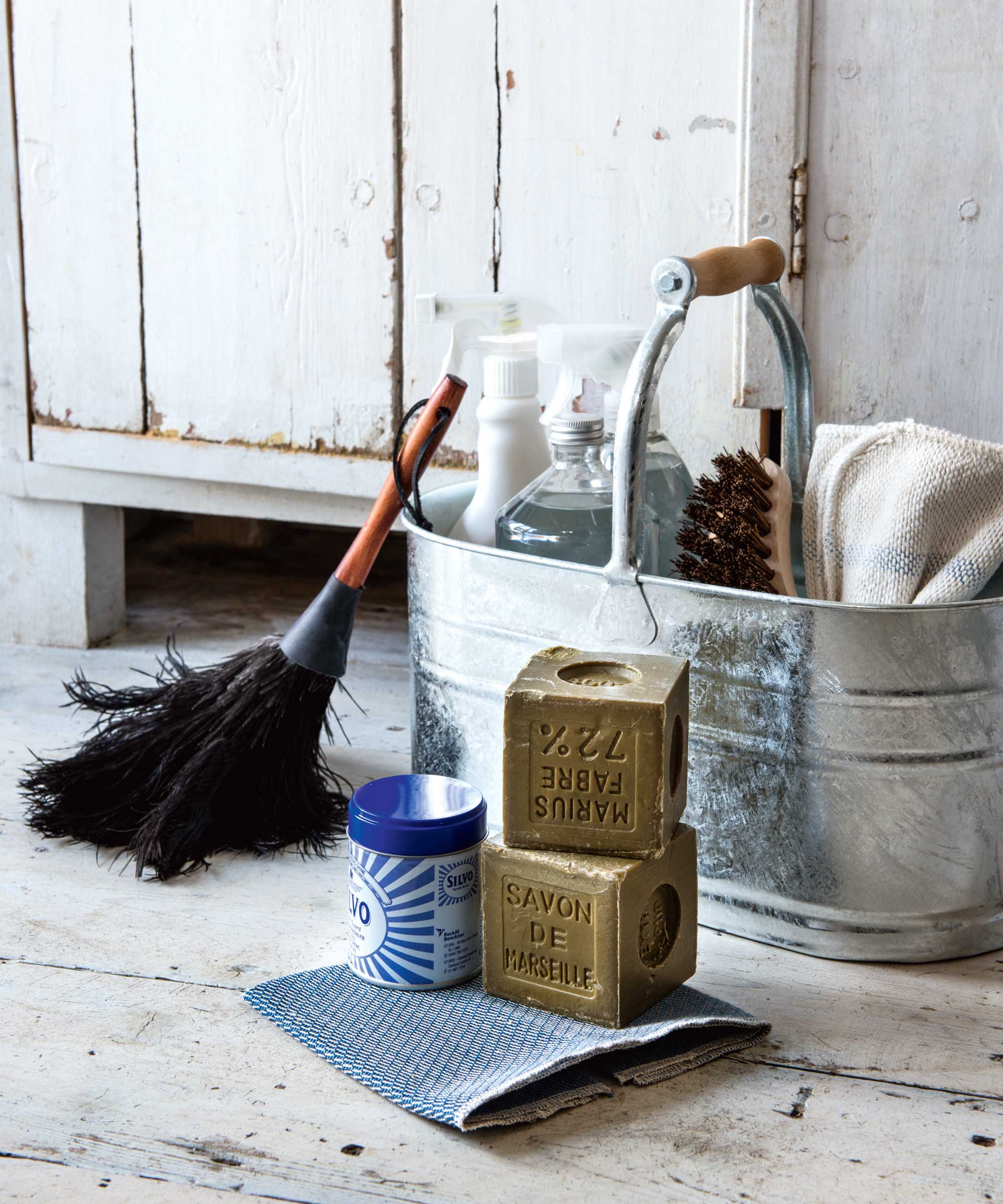
Whether you’re organizing a hall closet, rejigging kitchen cabinets, or rethinking your laundry room storage ideas, consider ways you could modify your existing storage solutions to better accommodate your cleaning supplies and make them easier to access.
You may not have realized, but most cabinet shelving is adjustable. Depending on what you’re trying to store, you could create height for vacuums, mops, and brooms, cubby holes for cleaning supplies and cloths, or add an extra shelf or two up top for stowing specialty cleaning tools you don’t use as often.
‘I suggest you use bins and stackable drawers to "Tetris storage" around the pipes and disposal,’ says professional declutter Andrea Brame, founder of This Modern Mess. ‘This way, you can pull out specific bins or drawers and access what you need, and you use all the available storage space.’
5. Enlist organizational helpers
Integrating additional helpers inside cabinets, cupboards, and drawers is a great way of organizing a utility room (or whichever room you're storing supplies in) to its best potential. From risers and turntables to back-of-the-door storage, there are all manner of options, depending on what you want to store.
‘Tension rods are perfect for stashing spray bottles, while hanging organizers can be used for dusters, cloths, and other essentials. Risers help make good use of space, separating and corralling items, while spinning carousels keep jars, bottles and smaller products visible and within arm's reach at all times’, says Kim Corey, founder of Finely Sorted Organizing.
Don’t forget the humble hook either – it’s the best way to make use of vertical space, whether that be a wall, the back of a door, or inside a cupboard. Brooms, mops, and feather dusters usually come with a little loop at the top, and you could hang a wire basket or canvas bag filled with dusters, cloths, and other cleaning essentials for maximum efficiency.
6. Make things easy to find
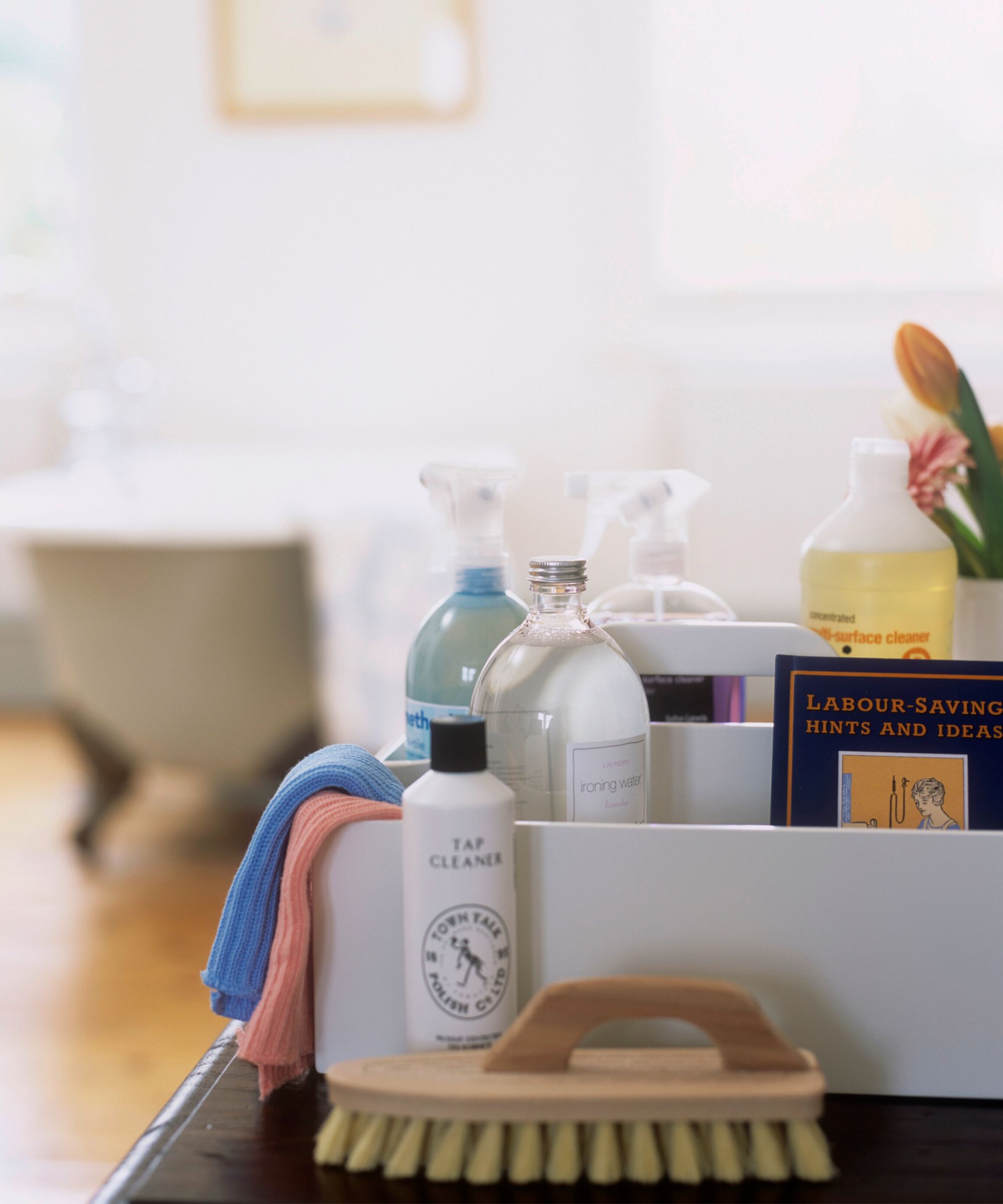
Storing cleaning products according to use makes it easier to find what you need, especially if they’re in transparent containers. Sturdy plastic bins with high sides, like these ones from Amazon, keep products standing upright and should keep spills at bay, too.
If you prefer an opaque look, that’s fine – just remember to label them clearly so you can find your furniture polish without rummaging through bathroom cleaners, laundry products, and stain removers first!
DYMO Label Maker
Was $64.47 | Now $53.99 at Amazon
Keep track of your cleaning supplies with a handy portable label maker.
7. Use a cleaning caddy
Lugging cleaning supplies from room to room is a pain, regardless of whether you do it often or not (no judgment from us). Save yourself the hassle by storing essential supplies in a portable, compartmentalized caddy, like this one from Target, so they’re easy to transport. Depending on the size of your house, or your cleaning product collection, you might want to consider a rolling cart instead.
FAQs
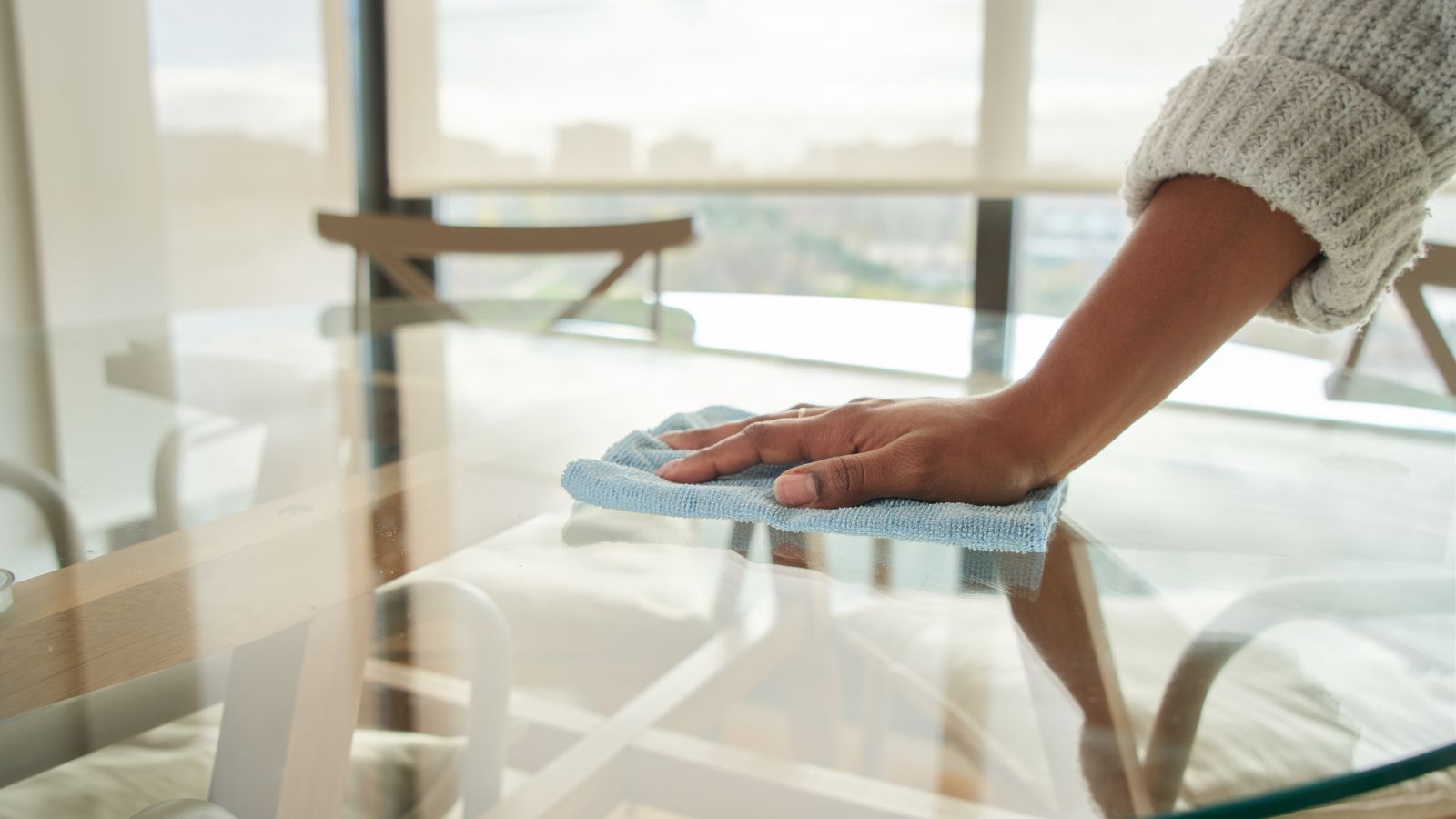
Where is the best place to store cleaning supplies?
The best place to store cleaning supplies varies from household to household, depending on how many you have, the space available, and what safety considerations you might need to make. As a general rule, choose somewhere cool, dry, and well-ventilated, out of the reach of children and pets. Whilst it’s tempting to shove everything in together, always check labels for specific precautions or storage instructions beforehand. There are a few cleaning products you should never mix, so it’s worth wising up on these, too.
Of course, the fewer supplies you have to store, the more efficient your organizational system (and your cleaning) will be.
‘Check out the growing range of green cleaning supplies intended to reduce plastic waste. They usually come in a dry tablet form, which can be dissolved into water and poured into a reusable spray bottle. Not only are they better for the environment, but they’ll save you all manner of cleaning supply clutter,' finishes professional organizer Katherine Blackler, founder of SortMySpace.
Design expertise in your inbox – from inspiring decorating ideas and beautiful celebrity homes to practical gardening advice and shopping round-ups.

For 10 years, Tara King worked as a Content Editor in the magazine industry, before leaving to become freelance, covering interior design, wellbeing, craft and homemaking. As well as writing for Ideal Home, Style at Home, Country Homes & Interiors, Tara’s keen eye for styling combined with a passion for creating a happy – and functional – family home has led to a series of organization and cleaning features for H&G.

